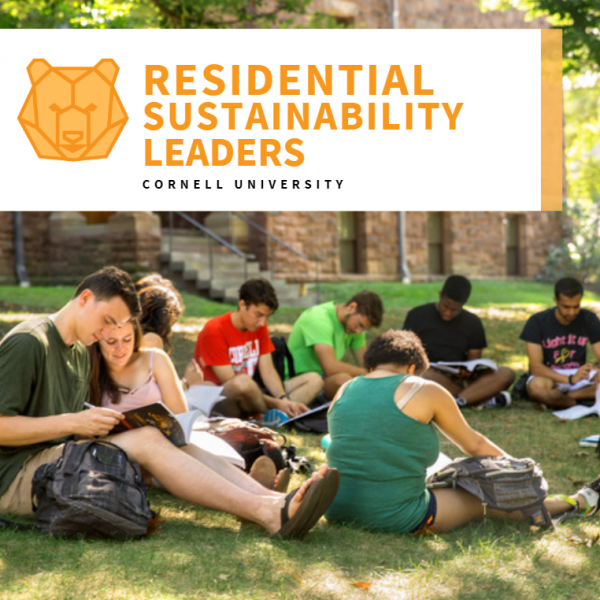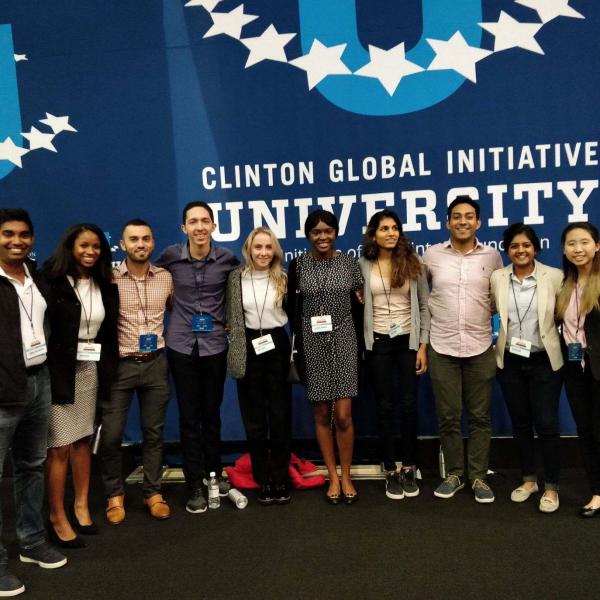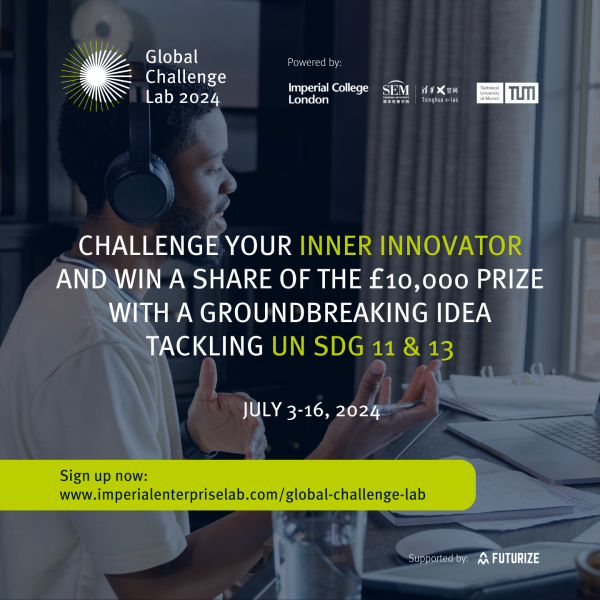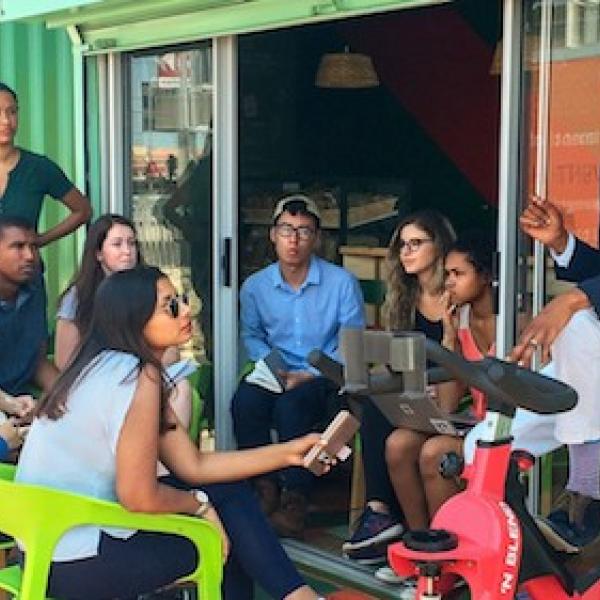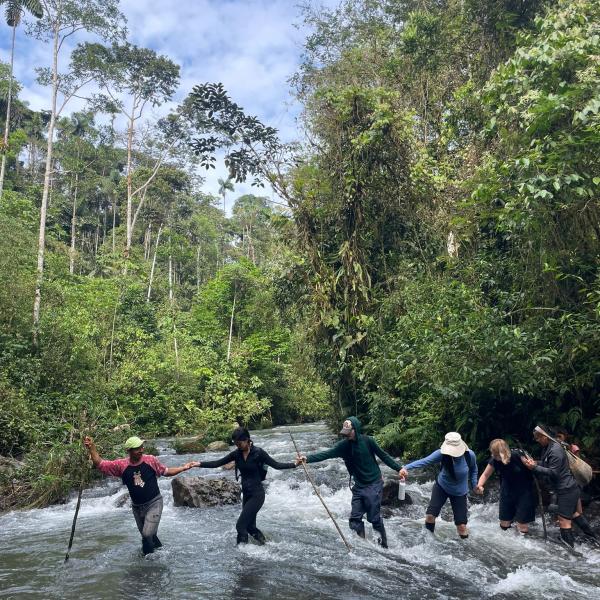Overview
This class is designed to support the growth and development of students as agents of change. It’s centered on the study of community organizing and development, a multidimensional craft with many situational and cultural variations. We’ll explore different theories, models, and practices of community organizing from many cultures
and contexts through a mix of readings, discussions, skills-based workshops, guest speakers, and a week-long engaged learning field trip to Uruguay. The trip will include hands-on work with community partners and students from the Universidad de la República during Cornell’s spring break. Students from Cornell and the Universidad de la República will co-design the engaged learning experiences in collaboration with community partners. As we move through the semester, we’ll pose and answer two key questions that relate to the work of being an effective agent of change: What do we need to know? What do we need to know how to do? We’ll take these and other questions up together, using tools and processes from many disciplines and fields. In doing so we’ll join and contribute to a long history of debate about the theory and practice of democracy as a way of life.
Students will gain an appreciative and critical understanding of different philosophies, theories, traditions, models, and methods of community organizing and development; be able to analyze how different varieties of community organizing and public work represent and are shaped by particular public philosophies, particular situations and contexts, particular standpoints and identities, and various forms of power; gain at least an elementary proficiency in a set of organizing tools, including public narrative, one-to-one relational meetings, power and interest mapping cutting an issue, strategic actions, and public evaluations; gain the ability (and willingness) to discern, understand, and respectfully attend to issues of difference in community organizing and public work, including such things as race, class, gender, sexuality, and indigeneity; and gain an understanding of the significance and difficulty of becoming a "citizen professional" in particular professional or vocational fields.


